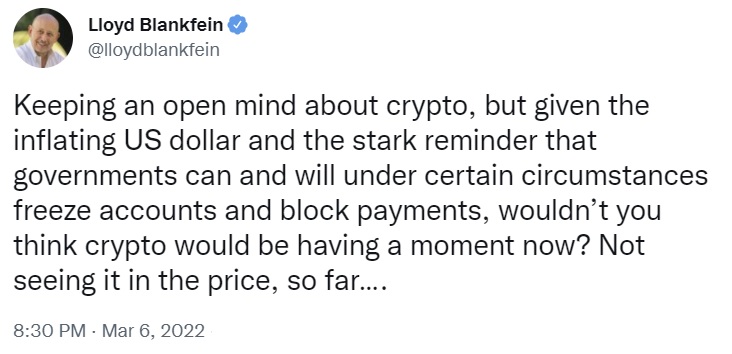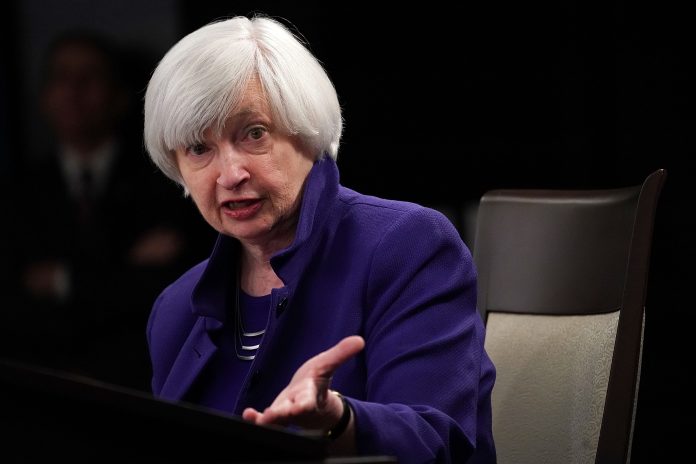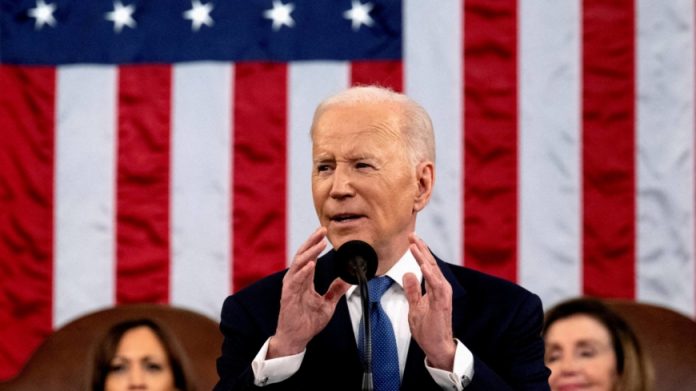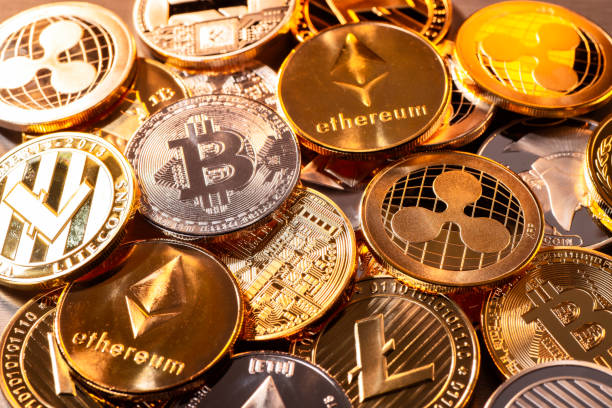On Sunday, Lloyd Blankfein, the current senior chairman of Goldman Sachs, tweeted about cryptocurrency. From 2006 to September 2018, Blankfein was the chairman and chief executive officer of Goldman Sachs.
He stated that he is keeping an open mind when it comes to cryptocurrency. However, he questioned why it isn’t “having a moment” given “the inflating US dollar” and governments demonstrating that they “can and will freeze accounts and block payments under certain circumstances.” “Not seeing it in the price, so far…” he said.

Recently, the Canadian government froze accounts tied to the Freedom Convoy trucker protest. Furthermore, since Russia began its invasion of Ukraine, a growing number of governments are placing sanctions on certain Russian individuals and entities, which may include freezing accounts tied to them.
While bank accounts and crypto assets held at exchanges can be frozen, decentralized cryptocurrencies, like bitcoin and ether, cannot be frozen directly within the network. The CEOs of crypto exchanges Coinbase and Kraken have advised that anyone worried about their crypto assets being frozen should transfer them off exchanges and self-custody them. U.S. Senator Ted Cruz described: “One of the reasons why I’m so bullish on bitcoin is because it is decentralized and not controllable.”
As for inflation, many people view bitcoin as a hedge against rising inflation, including famed hedge fund manager Paul Tudor Jones, who said in October last year that he prefers bitcoin to gold as an inflation hedge. Blankfein’s investment bank, Goldman Sachs, said in December 2020 that bitcoin is “the retail inflation hedge.”
Many People Reply to Blankfein’s Crypto Question
The Goldman Sachs senior chairman received many replies on Twitter. Some people agreed with him that the price of bitcoin should have risen a lot more while others argued that BTC has already gone up tremendously, especially compared to other assets.
“Interesting observation and I kind of agree,” one Twitter user wrote. “Although, the only thing having a moment right now is oil, energy, and wheat.”
Crypto analyst Tuur Demeester wrote:
Bitcoin is up 10,000% in 72 months, with compounding annual returns of 116%. Kindly give it a minute.
Another Twitter user told Blankfein: “Oh it’s definitely in the price, Lloyd. Zoom out! Now imagine when you, Ken Griffin, DHH [Ruby on Rail creator David Heinemeier Hansson], and the rest of the new 2022 converts start buying in size. This adoption wave will be bigger than when Druck [Stan Druckenmiller] and PTJ [Paul Tudor Jones] started buying in 2020.”
Chris Burniske, a partner at VC firm Placeholder, commented: “Don’t paper hands it, Lloyd.”
Some people are more skeptical about cryptocurrency. One tweeted: “Crypto is on the verge of being destroyed, by restrictive government regulation, as BTC and other cryptocurrencies are being used by Russian oligarchs as a vehicle for mass money laundering and evasion of sanctions. That is the ‘moment’ we are probably about to see.”
Digital asset manager Eric Weiss replied:
It’s just a matter of education. So few people understand bitcoin’s value proposition. You clearly do. Just hodl with us Lloyd. We are going to make it.









